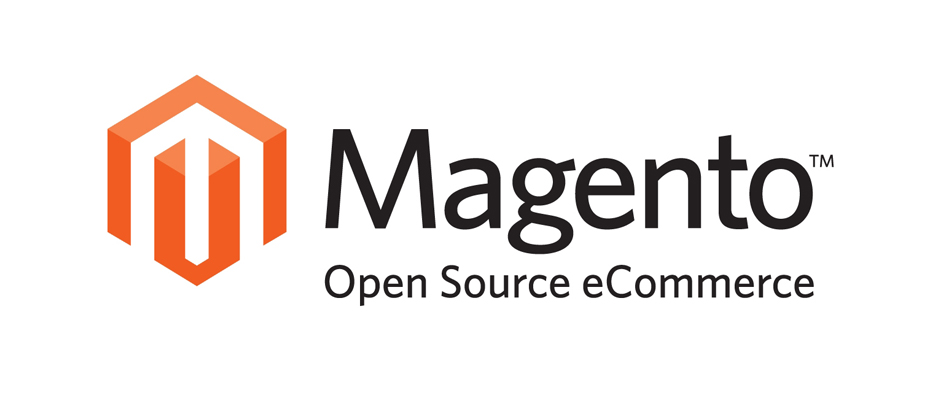In order to face competition in ecommerce, it’s important to be aware of the latest trends that can help to acquire more customers and increase online sales.
eMarketer estimates that 2018 U.S ecommerce sales will hit $491.5 billion, so this is a great reason to include innovative strategies in your marketing plan to achieve better and faster conversion rates.
As an Ecommerce Consultancy, we recommend you to follow the next 3 ecommerce marketing trends to focus your efforts and get the most out of them.
Remarketing
Sometimes users that visit your ecommerce don’t complete the desired action such as purchasing or subscribing to your newsletter. With remarketing, you can target these visitors with custom campaigns and specific messages that persuade them to return and shop or agree to receive promotional emails.
Remarketing can be used through targeted social media or dynamic display network ads which will show your message while your prospects browse different sites and apps once they’ve left your ecommerce.
Video Marketing
According to a Cisco study, by 2020, 80% of the web will be made up of video. This means a huge opportunity for ecommerce stores to get on this trend and explore dynamic ways to promote your content.
There are different types of videos that you can create to engage your audience and persuade them to buy your products or services:
- Product video: Show how to use your product or service and its appearance.
- Video reviews: Explain with more in-depth detail the characteristics of the product or service. You can include testimonials.
- Snackable video content: Include short shots of new or discounted products, examples of product usage, stock variety and fun loops where they appear.
Influencer Marketing: Let potential customers know about your offer from a relevant source.
Nielsen confirms that 92% of people trust recommendations from individuals (even if they don’t know them) over brands. Today, with the continuous growth of social media and blogs impact, more and more people are becoming influencers in online purchasing decisions. Influencer marketing involves reaching out to those influential authority figures in your niche or industry.
You can identify a potential influencer when the combination of reach, content engagement and relevance is good enough to associate it with your brand. There are tools like Klout or Buzzsumo to help you research more data and metrics about reach and content engagement. Also, you can reach digital marketing agencies that can assess you to partner with the right influencer for your ecommerce.
Once you have picked your influencer and come to an agreement, it’s time to develop an effective strategy to build and promote together relevant content through social media and other digital channels that persuade users to become your clients.
Even if you’ve just launched your ecommerce or you are doing great in online sales, there is always an opportunity to achieve better conversion results by getting on these ecommerce marketing trends. You don’t need to have a big marketing budget or a huge team, just try each one in a basic level and measure your results, then you will find out which is the best strategy to invest more money and effort to increase your revenue.








